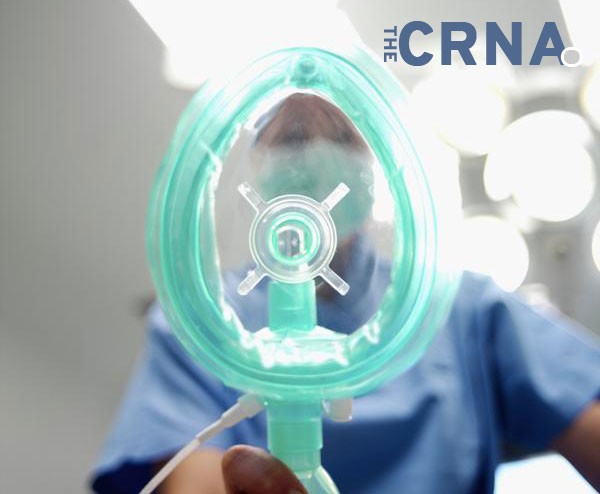
-
GETTING STARTED
-
About Us
TheCRNA.com is the largest online resource for everything related to Certified Registered Nurse Anesthetists.
View FullRecent News
Anesthesia & Healthcare are Changing. With more patients, out of control costs, and fewer physicians, you may be left wondering...
View FullPopular Pages
- CRNAs: Who We Are and What We Do
- How to Become a CRNA
- Getting Into CRNA School
- How to Pay For CRNA School
- The Difference Between CRNAs and AAs
Popular For SRNAs & CRNAs
-
- Jobs
- Certification
- Education
- Discussion
- News
-

